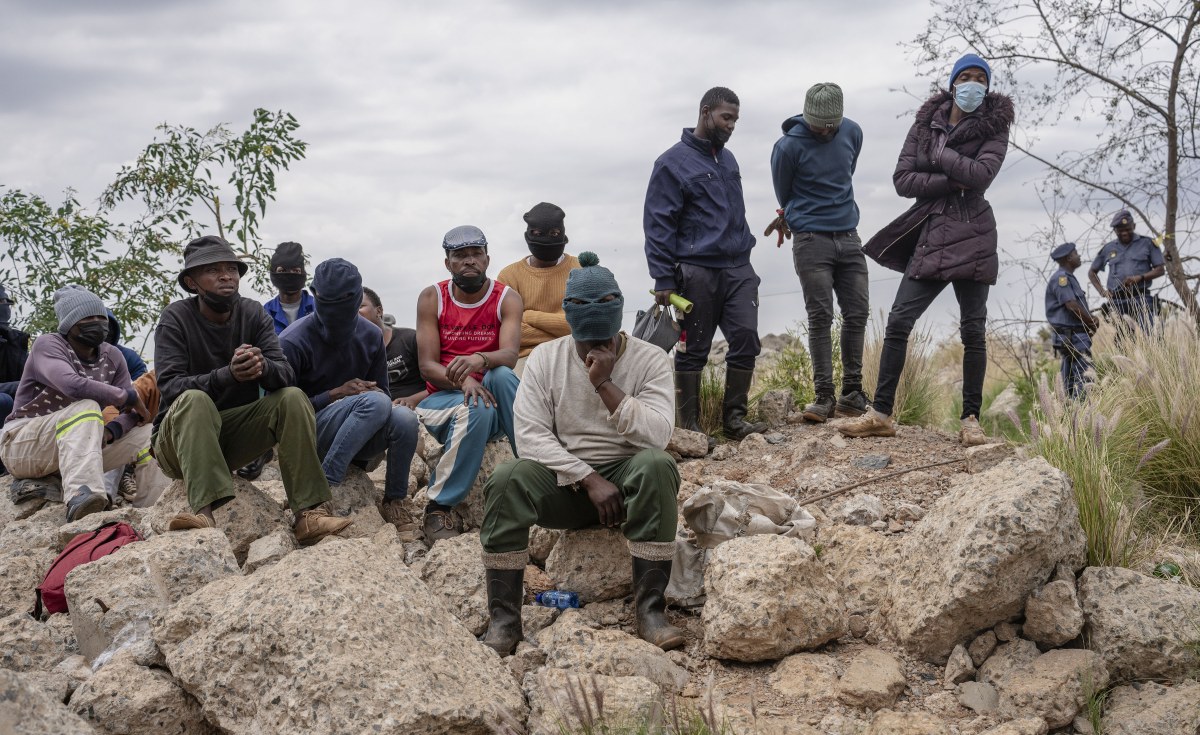German Chancellor Olaf Scholz departed for his trip to East Africa on Thursday, heading first to Ethiopia before crossing into neighboring Kenya.
It is his second time in Africa since taking the top job and aims to focus on peacekeeping and green energy, as well as the consequences of Russia’s war in Ukraine.
His visit comes amid an outburst of violence in Sudan and just half a year since Ethiopia — the African country with the second-biggest population after Nigeria — saw the two-year civil war with the country’s northern Tigray region come to an end.
Scholz will head to Kenya, Germany’s biggest trading partner in the region, on Friday. Kenya has played a role as a mediator in regional conflicts and also hosts one of Africa’s biggest green energy projects.
What is Scholz aiming to achieve in East Africa?
Scholz will also aim to press Germany’s role as a reliable partner as a counter to growing Chinese influence in the region. He will be accompanied by representatives of German companies.
The chancellor may also try to muster more support for Ukraine in its war against Russia. But as German lawmaker Michael Roth — from Scholz’s Social Democratic Party (SPD) — told the media group RND, the East Africa trip aims to give a “clear signal, that Germany and Europe are not only occupied with the Russian invasion of Ukraine, but that we are also taking action for peace and stability worldwide.”
Jürgen Trittin, a Greens lawmaker from Scholz’s governing coalition, told RND that the trip is about “fair cooperation, not least in the field of renewables as well as being about support against hunger and war.”
Kenya is home to the Lake Naivasha geothermal plant, the largest on the continent.










